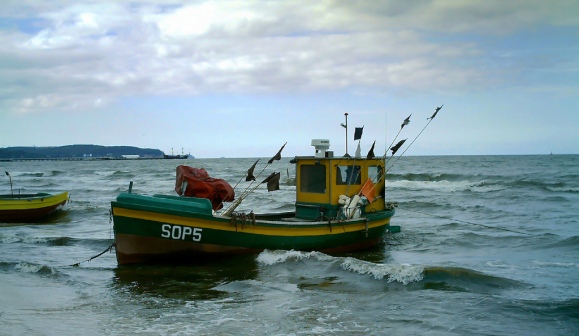
Member States have an obligation to ensure that fishing activities do not adversely impact the environment, especially where marine Natura 2000 sites have been designated.
Nevertheless, establishing measures to minimise impacts on such sites has been a slow and tortuous process. Recently, we expressed our support for, what we believed at the time, a step forward in implementing fishing rules in the Dogger Bank, the North Sea’s largest sandbank in which three Member States – Germany, the Netherlands and the UK – have designated adjoining Natura 2000 areas.
Although NGOs still considered it the bare minimum, extensive stakeholder discussion initially resulted in measures that could have ensured the protection of about one-third of the whole sandbank from mobile bottom fishing gear and still allowed for fishing as a viable economic activity.
The proposal notably included a more ambitious 50% of the German Natura 2000 site to be fully protected from bottom gears.
However, a late compromise resulted in another bottom gear – seine fishing – being admitted to most of the proposed closures, bringing the total area protected down to a measly 5%. This is R.I.D.I.C.U.L.O.U.S.




